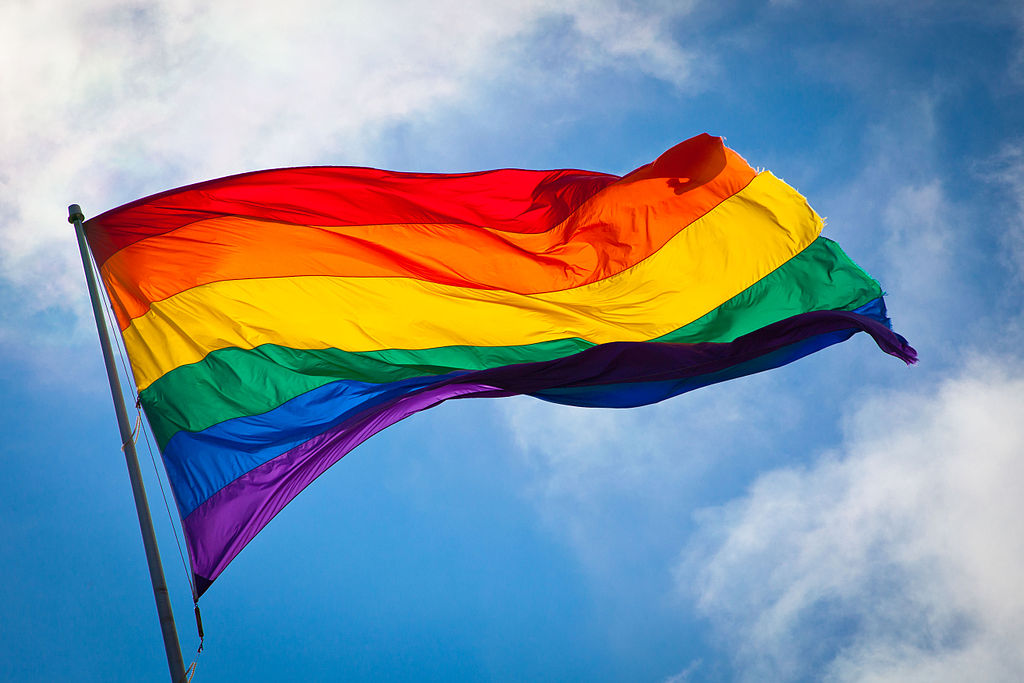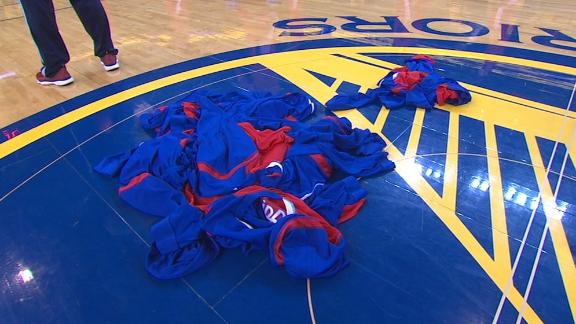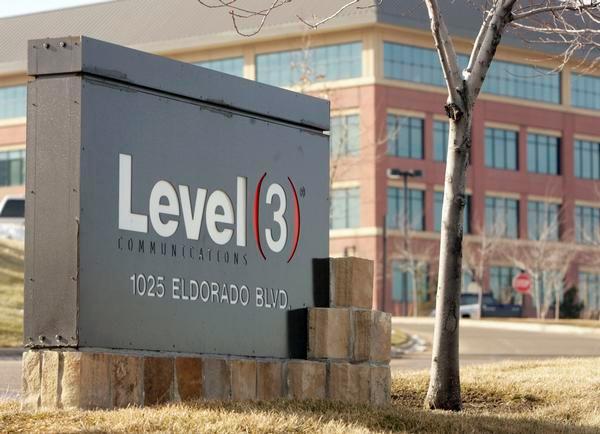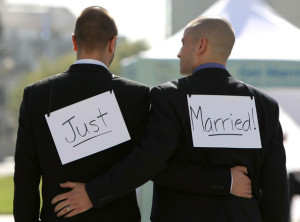As Nathaniel has already touched on, a few weeks ago newly-minted Mozilla CEO Brendan Eich resigned from his post amid outrage from gay activists over his contribution to Prop 8 in California six years ago. Those opposing his support for Prop 8 made clear their demands: recant or resign. Eich, presumably because he is a man of conscience, chose the latter.
Now, to be clear, Eich was not forced out under any sort of legal pressure, so anyone claiming Eich’s right to free speech was being suppressed isn’t correct. There’s no reason gay activists can’t express outrage at an opinion they find reprehensible, even to the point of boycotting the company he leads (as misguided as such a tactic may be), just as Eich can express that opinion.
But the activists have still got it wrong, and not just because the same coercive tactics used against them would be met with justifiable indignation, but because the entire premise of their anger is misplaced. Their stated or implied claims are:
- Eich’s contribution to the Prop 8 campaign makes him hateful, and a bigot.
- Intolerance of intolerance is ethical.
Those claims, by necessity, assume gay activists hold the moral high ground, and therefore can dictate what opinions are or are not acceptable to hold in our society. The problem is that gay activists do not hold any such ground. Modern society’s acceptance of homosexuality is not predicated on any sort of objective morality that flows pure and clean out of the fabric of reality, but rather the whims of the same society that just forty years ago considered homosexuality to be a clinical mental disorder.
The fact is the morality of gay activists is ascendant not because there is some universal law that compels it but because we have arbitrarily decided that’s what we want. Because it’s the popular thing to do. They refuse to acknowledge this because when viewed through that lens it puts the views of the bigots, racists and bullies on equal footing with their own. Instead of being able to arbitrate right and wrong from a position of unassailable moral authority, they’re forced to realize society is, fundamentally, only interested in its own survival, that justice and equal rights are of secondary importance–a luxury, really, and optional when the chips are down.
That’s a hard thing to realize, and even voicing such a notion runs you the risk of being labeled a bigot. And that’s part of the problem. Even asking the question “is homosexuality normal?” is enough to get you fired and treated as a pariah.
And why not? Homosexuals can’t help how they were born, so how can we justify treating them differently? Well, the reality is we treat people differently based upon how they were born all the time. I could be born with a tendency toward attraction to multiple partners, but I’m not allowed to marry more than one of them at a time. Is such a proscription morally defensible?
Maybe that’s too easy. Let’s try a harder one. What about pedophiles? We treat pedophiles differently because of how they were born.[ref]Please note that I am not equating pedophiles and homosexuals in any way other than pointing out that they both qualify as a deviation from the norm of adult heterosexuality.[/ref] In the past, our society found both pedophilia and homosexuality to be immoral, just as we continue to find pedophilia immoral today. What has changed? We must accept that either morality is a malleable, changeable aspect of our society, or that we are uncovering an immutable morality as civilization marches on.
The notion that there is some discoverable, objective morality would seem to imply that nature itself has some vested interest not only in the survival of our society, but in values like equality and human rights, and yet we have no evidence that nature is anything but utterly indifferent to our values and our society. It therefore seems overwhelmingly likely that morality is subject to change based on prevailing notions of “what’s best.” We agree as a society to limit ourselves to behaviors which are not detrimental to our current explicit or implicit goals. The sexual abuse of children runs contrary to those goals, and is thus considered to be immoral. We react with disgust and outrage at the behavior of pedophiles because we are empathetic creatures able to identify with the suffering of others and because we instinctively regard harming innocent humans as damaging to our collective survival. So while a pedophile may not be able to help how he was born, that doesn’t exempt his behavior from the harsh judgment of his fellow men, nor does it render that judgment unjustified.
Is it therefore unjustified to regard homosexuality as immoral? It certainly hasn’t always been, but now we are moving into a time in which a majority of society and the prevailing wind of reason, not to mention science, tells us that homosexual behavior has no harmful effect on its participants nor on society as a whole, and even goes so far as to state that regarding homosexual behavior as immoral is itself harmful, and therefore immoral.
Let’s examine these claims in turn:
1) Homosexual behavior is not harmful to its participants.
I can’t think of any reason this might not be true. In a non-religious context, I can’t see any harm done to two consenting adults doing whatever they want together.
2) Homosexual behavior is not harmful to society.
This is a bit more complicated. Certainly birth rates would decrease (roughly) proportionately to the rate of homosexuality in a given society. Taken to an extreme, there would be a real risk of societal catastrophe if, say, we all woke up one day attracted to our own sex and not the opposite.[ref]Obviously this is extremely unlikely, but it makes me wonder, would such a society deem homosexuality immoral in a bid for survival, despite it going against instinct?[/ref] Are we then prepared to say that homosexuality is only conditionally not harmful to society? Because that would necessarily mean that homosexuality is conditionally harmful to society. What does that tell us about the morality of gay activists? What then do we make of the outrage against those backwards bigots who still consider homosexual behavior to be sinful?
3) Claiming that homosexual behavior is immoral is itself immoral.
At the risk of repeating myself, this again is a way of saying that the morality of one group takes precedence over another. This is certainly true, but not for the reasons that gay activists think. That is, not because any ascendant morality is inherently better for society. “Tolerance” is not a panacea, as evidenced by the fact that we still do not permit plural marriage and we still put pedophiles in prison when they act on their inborn tendencies. The morality of gay activists happens to be largely identical to those they oppose with a few notable exceptions. That doesn’t make it “better,” which leads to the implicit claim:
4) Intolerance of intolerance is ethical.
This is, simply, wrong, for all the reasons I’ve just mentioned. Intolerance of intolerance is a way of punishing others for rejecting your morality, which, as we’ve clearly established, is fundamentally arbitrary. If you are upset with someone for opposing what you believe to be “right,” then say so, explain yourself, and back your claims. Do not attempt to marginalize your opponents by pretending that blanket censure, shouting down, censoring or oppression of dissenting opinions is an appropriate response to disagreement.
I am deeply disappointed by the behavior of the gay activists who spoke out against Brendan Eich. They are engaging in the very behavior they should be actively fighting. Instead of being driven by the equality, love and fairness that has allowed them to accomplish their goals in the first place, they viciously attack anyone who might not feel the way they do without recognizing in themselves that same hatefulness and spite they fight so hard against in their opponents. I would expect a supposedly “enlightened” society to do better.









